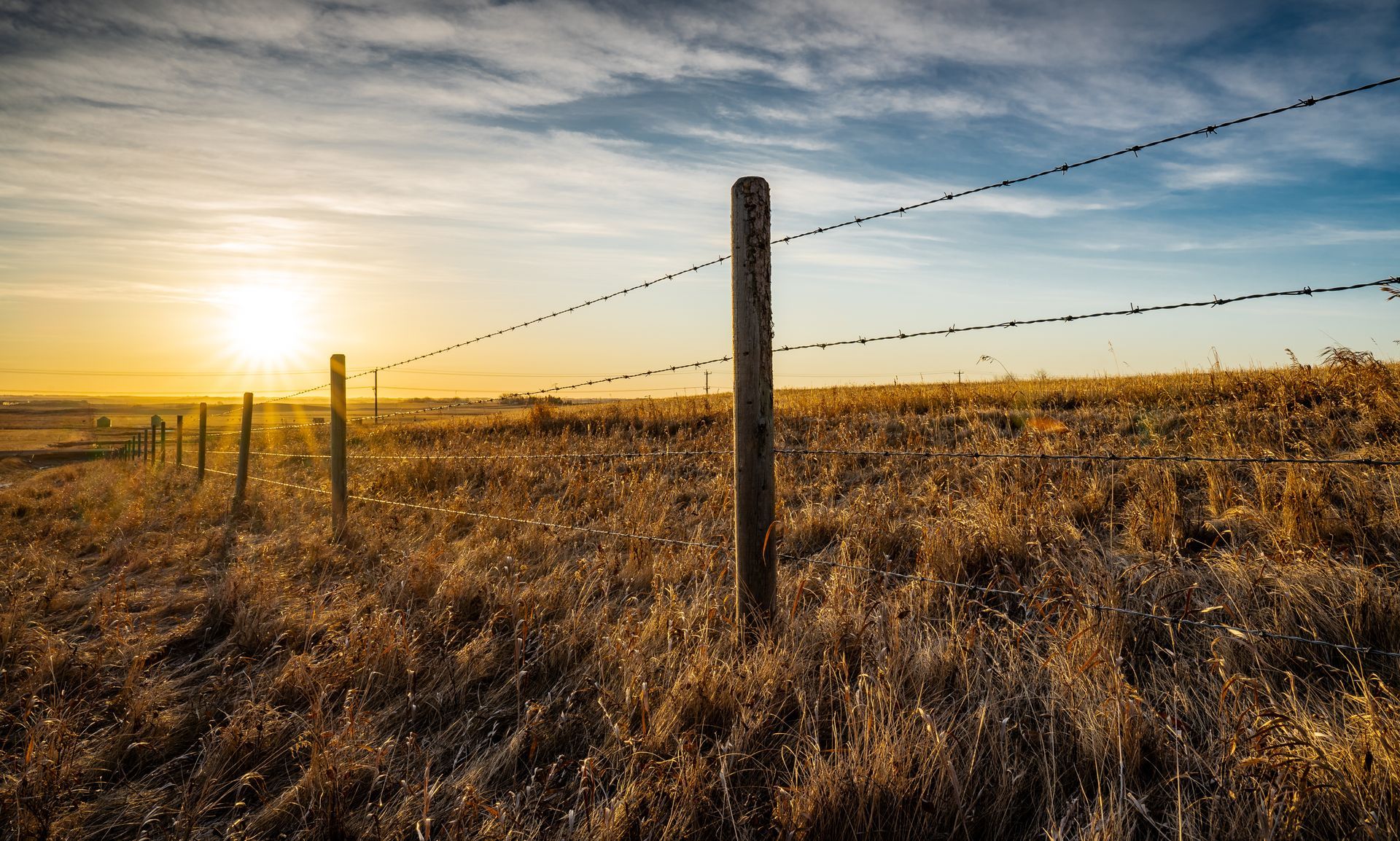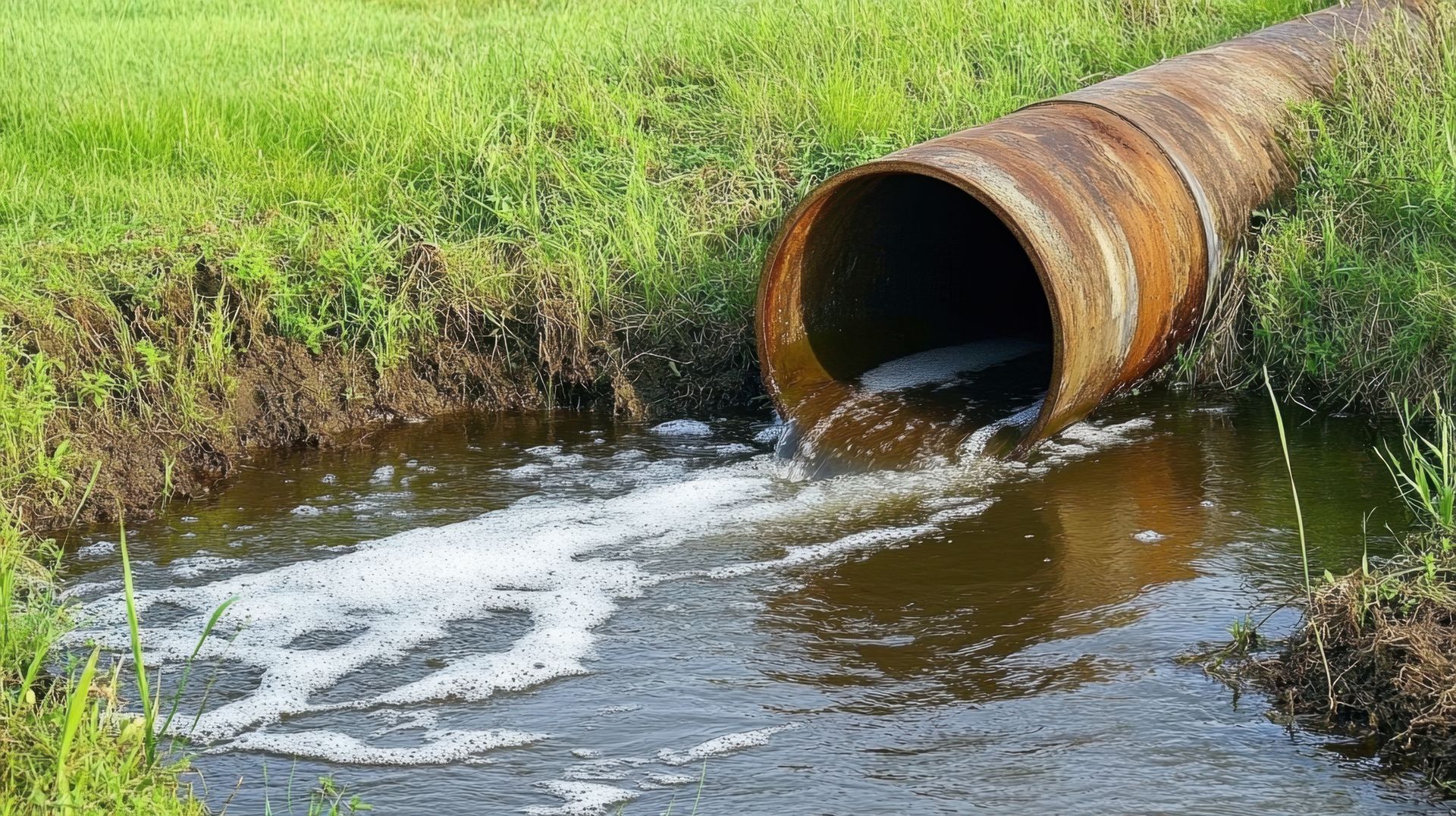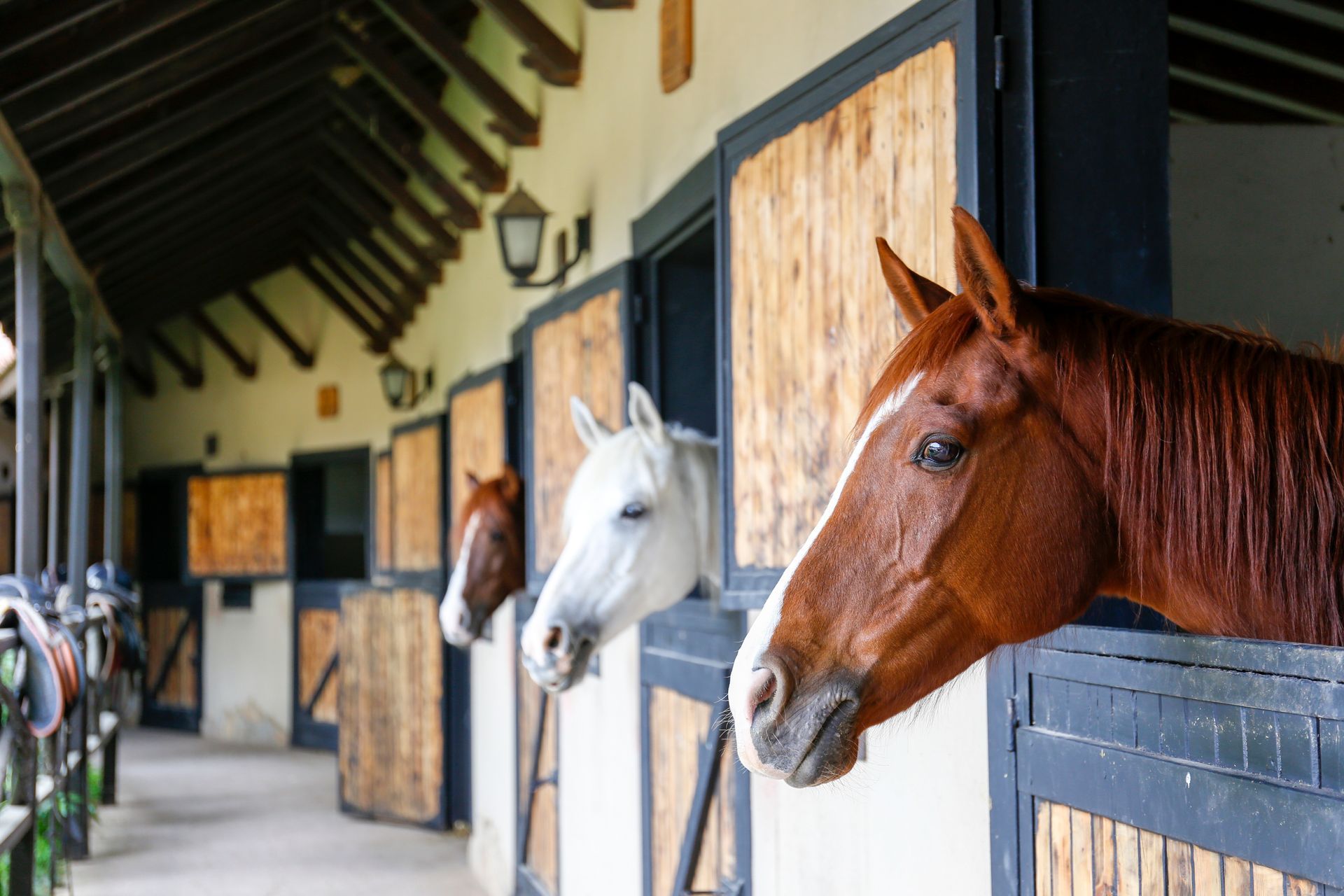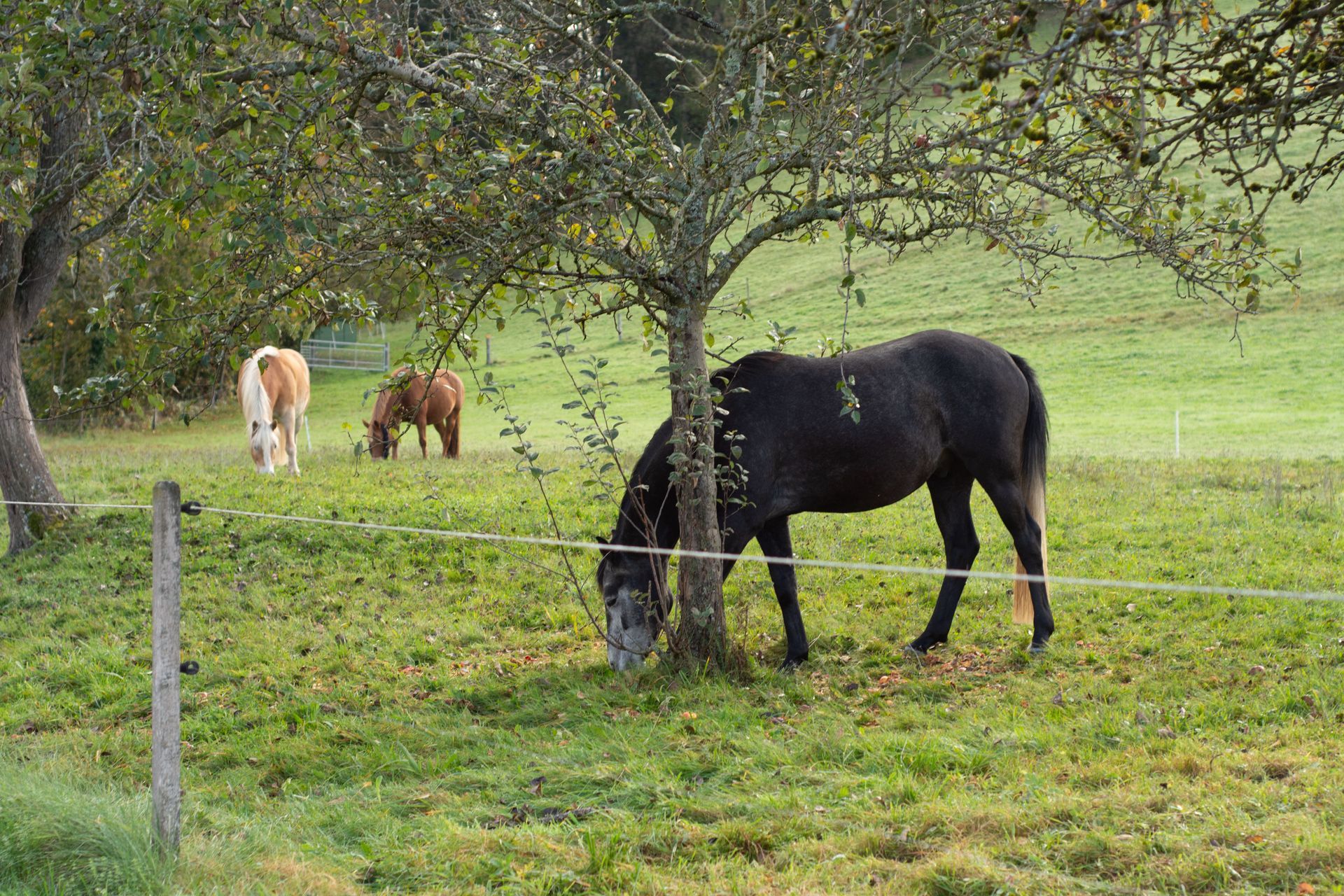How Do Texas Ranches Maintain Sustainable Watering Systems for Livestock?
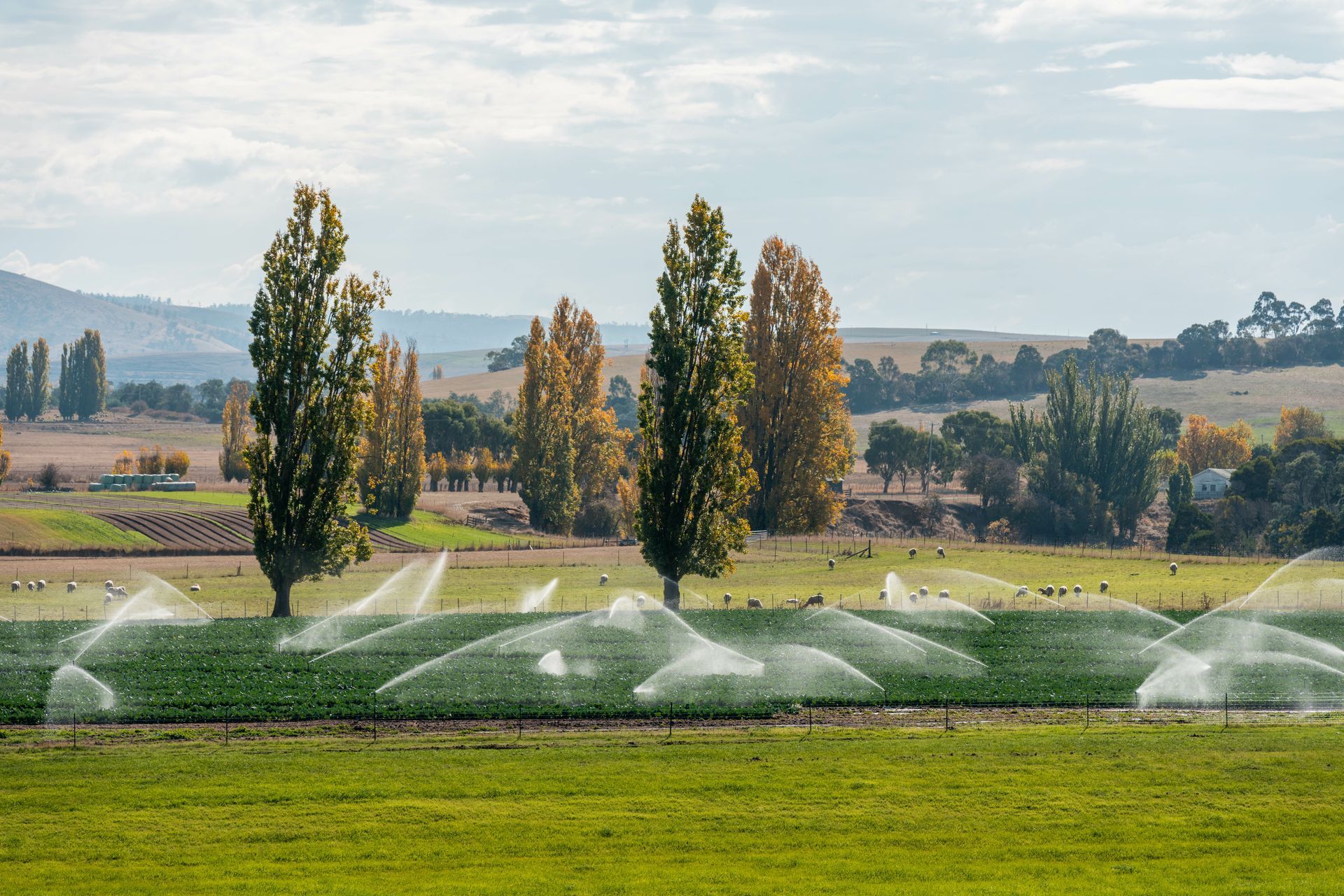
Water is one of the most essential resources on any ranch, especially in a state like Texas where droughts, scorching summers and changing weather patterns are a reality. Providing clean, consistent water for livestock isn’t just about convenience; it’s a cornerstone of animal health, pasture management and long-term land sustainability.
But how do working Texas ranches make sure their watering systems stay efficient, eco-friendly and reliable year-round? The answer involves a mix of modern technology, smart land planning and good old-fashioned stewardship of the land.
The Importance of Reliable Water Sources
For cattle, horses, goats and other livestock, access to clean water is non-negotiable. An average cow, for example, can drink 20 to 30 gallons of water per day during hot weather. Multiply that by a herd, and it’s clear that even short-term water shortages can have serious consequences.
Because water demands are so high and because surface water levels can change with drought and rainfall, Texas ranchers must build systems that are both dependable and drought-resilient.
Surface Water and Stock Tanks
One of the most traditional water sources on Texas ranches is the stock tank, a manmade pond that collects and stores rainwater or runoff. These tanks are often lined with clay to hold water and are placed in low-lying areas where natural drainage funnels into the basin.
While stock tanks are cost-effective and widely used, they’re not foolproof. Evaporation, algae growth and sediment buildup can reduce water quality and volume. Sustainable ranches often fence off tanks to limit animal access to the banks, which reduces erosion and contamination and instead use gravity-fed troughs or pumped water stations to distribute clean water from the source.
Some ranches also install aerators or floating pumps to circulate tank water and prevent stagnation, especially during hot seasons.
Solar-Powered and Gravity-Fed Watering Systems
To reduce dependence on electrical pumps or generators, many modern Texas ranches are turning to solar-powered watering systems. These setups use solar panels to power pumps that draw water from wells, tanks or natural springs into troughs located throughout the property.
This approach is not only environmentally friendly but also cost-effective over time. With Texas’s abundant sunshine, solar is a practical option even in remote areas with limited infrastructure.
Similarly, gravity-fed systems use elevation changes to deliver water from tanks or reservoirs to different parts of a pasture without the need for electricity or moving parts. These systems require thoughtful planning and topography mapping but can last for decades with minimal maintenance.
Portable and Rotational Watering Solutions
Ranchers who practice rotational grazing, a method that moves livestock between pastures to allow grass to recover, often rely on portable watering troughs that can be relocated as needed. These mobile systems connect to underground pipe networks or portable tanks and help reduce the environmental impact of overgrazing and overwatering in a single area.
By managing where livestock gather to drink, ranchers also minimize soil compaction and protect water-sensitive zones like creek beds and springs.
Water Quality Management
It’s not just about quantity; clean water is essential for keeping livestock healthy. Ranchers regularly test their water sources for contaminants like bacteria, nitrates and heavy metals, especially in areas near agriculture, oil activity or old wells.
Many ranches also install float valves, overflow protection and automatic shut-offs on troughs to keep water from stagnating or spilling, reducing waste and preserving pasture integrity.
Rainwater Harvesting and Catchment Systems
With the increasing frequency of drought conditions in some regions, rainwater harvesting is becoming more popular on both large and small Texas properties. Gutters, tanks and catchment systems can be used to collect water from barn roofs or equipment sheds and store it for livestock, irrigation or backup supply.
Some ranches pair rainwater catchment with filtration systems to ensure potability before use in troughs or tanks.
Responsible Land Stewardship
At the heart of every sustainable watering system is land management. Ranchers must constantly balance the needs of their livestock with the long-term health of the land. That means:
- Avoiding overstocking that would overwhelm water resources
- Rotating pastures to give both land and tanks time to recover
- Maintaining vegetation around water sources to prevent erosion
- Monitoring systems regularly for leaks, wear or contamination
Live the Ranch Lifestyle Without the Work of Managing Livestock and Infrastructure
Come home to a place where you can ride, relax, explore and reconnect with nature, all while living in comfort and luxury. Call Ranger Ridge at (940) 424-2678 to book your tour and learn more about available properties, amenities and the lifestyle that’s waiting for you.


